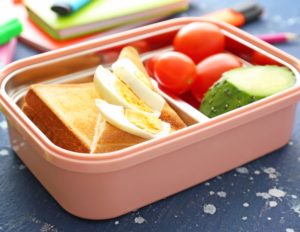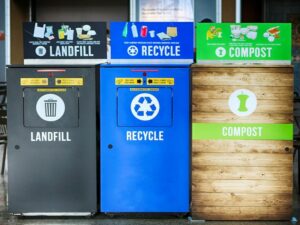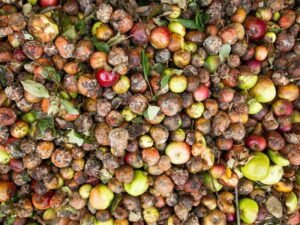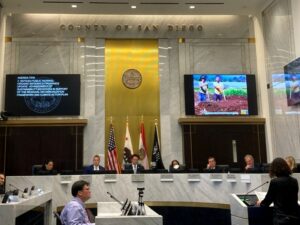Food Waste
What Do “Best By” Dates On Food Really Mean?
Have you ever found yourself wondering about the “best by” date on food items? Are they still safe to eat even though the date has passed? How long will your favorite food or beverage stay safe? Surprisingly, the answer is not on the date label. Most date labels tell you about food quality, not safety. We…
Read MoreReduce Your Food Waste This Holiday Season
Did you know an average American throws away a pound of food daily? 1 On top of that, Americans generate 43% more household waste each year between Thanksgiving and New Year’s, 53% of which is food waste.2 Read more about holiday food waste impacts at the ReFed site. To bring you tips on how to…
Read MoreBack to School: How Can My Child’s Lunch Be Made Low or Zero Waste?
Yes, it absolutely can! By making school lunches more eco-friendly, and by encouraging your kid to recycle and compost, you can significantly reduce your household’s waste. Some helpful guidelines are… An added bonus of paying attention to these guidelines is that you can determine what materials your child’s lunch containers are made of. For example,…
Read MorePre-Composting Appliances: Do They Work?
We get questions about pre-composting appliances often these days. Our verdict: While food scrap dryers and grinders can do amazing things, they cannot make compost in less than several months’ time. They are also not the most effective way to reduce your environmental footprint at home. The Dirt on Countertop “Composters” There are several kitchen…
Read MoreThe Benefits of Diverting Organic Waste from Landfills
Written by volunteer: Kate Sheppard Diverting waste from landfill can sometimes feel like a chore, but the benefits far outweigh the temporary annoyance of getting your hands dirty. This is especially true of organic waste. Yes, it may occasionally be sticky or smelly, but it’s not hard to properly sort and divert these compostable materials…
Read MorePicnic in sustainable style!
The weather is warm and the sun is shining, making it a lovely time to picnic. It’s easy to wrap your picnic food in plastic wrap, put it all in a bag and throw all your trash away at the nearest trashcan. However, the earth, the water, the landfill, and your garden will all thank…
Read MoreReFED Food Waste Action Network Member Spotlight
Solana Center is excited to be featured as a Member of ReFED’s Food Waste Action Network (FWAN). The following interview was originally published on their website in April 2023 here. Organization Overview: Solana Center for Environmental Innovation helps individuals, businesses, and municipalities implement practical solutions for food waste diversion, surplus edible food donation, and environmental sustainability improvements.…
Read MoreSuccess Stories: Serving Underserved Communities & Schools in the San Diego Region
At the core of Solana Center’s mission is education. Teaching our community about soil, waste, and water is one of the key tools in making real, lasting, positive changes for our environment. We believe that education, innovation, and action are required to address the environmental challenges in our region and know that with each child…
Read MoreTo Reduce Food Waste, Investors and Community Organizations Need to be at the Table
By Bea Miñana (Closed Loop Partners) and Jessica Toth (Solana Center for Environmental Innovation) Food waste is created at every point in our current food supply chain––on the farm, during manufacturing and transportation, on store shelves, at restaurants, and in our homes. Today, most of that uneaten food ends up in landfills, or is otherwise…
Read MoreSan Diego County unanimously passes ordinance in support of organic waste processing!
Celebrations are in order! The San Diego County Board of Supervisors just passed an updated ordinance that will amend the County’s existing zoning ordinance and allow organic material composting to occur in more areas of the unincorporated county. This will have a significant impact in the years to come on San Diego County’s ability to…
Read More









